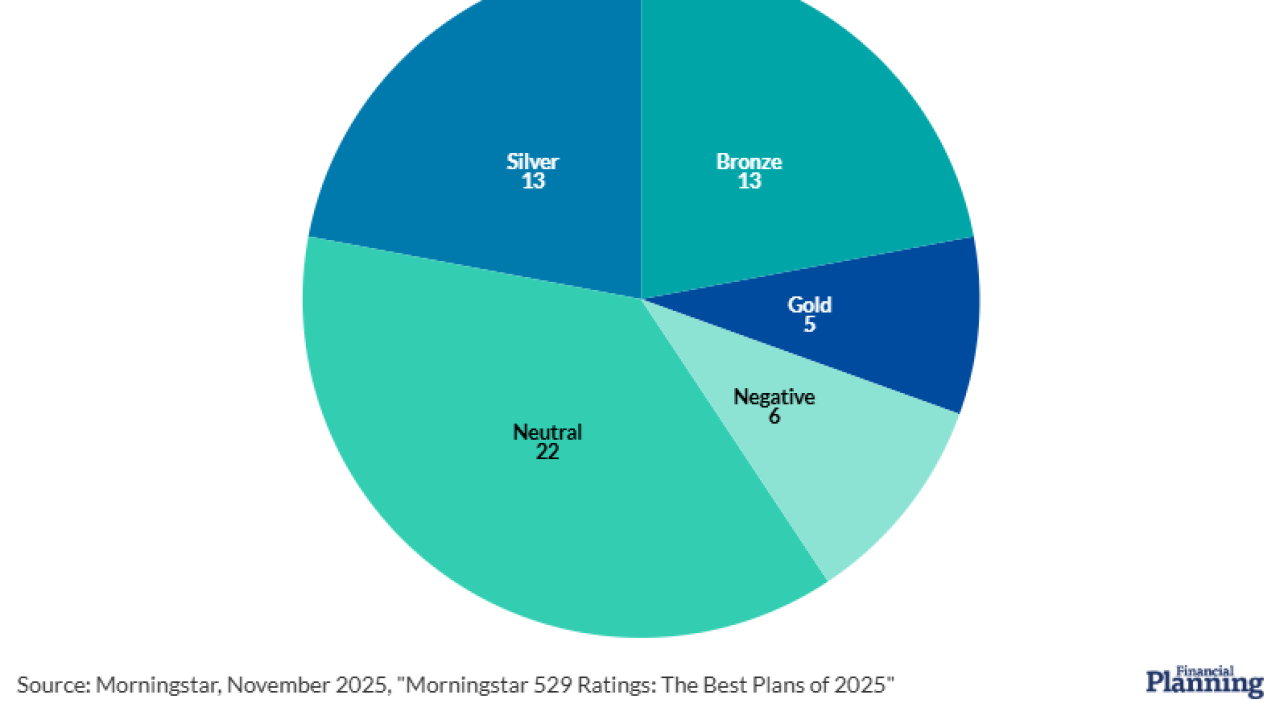The National Taxpayers Union Foundation is asking the Internal Revenue Service to modify its proposed regulations for the "no tax on tips" provision of the One Big Beautiful Bill Act, suggesting that certain types of stablecoins be considered equivalent to cash.
A stablecoin is a kind of cryptocurrency that's designed to maintain a stable price because it's pegged to an asset such as the U.S. dollar, gold or other reserves, avoiding the volatility of other forms of crypto such as Bitcoin.
The Treasury Department released
The
In its
"Congress has already established a clear framework for dollar-backed stablecoins that meet strict reserve and redemption standards," stated NTUF president Pete Sepp and policy manager Deborah Jennings, who co-filed the comment. "If casino chips and vouchers qualify as cash equivalents, it makes no sense to exclude fully collateralized stablecoins that hold one-to-one U.S. dollar reserves."
The NTUF also asked the IRS to explicitly clarify how the proposed regs would apply to digital content creators who receive tips through streaming platforms, social media or payment applications. Millions of Americans now earn income through platforms such as Patreon that allow followers to "tip" or send voluntary contributions, but ambiguity in the rule could result in inconsistent or unfair treatment for taxpayers.
The NTUF also believes more transparency is needed in how tipped occupations will be classified under the proposed Treasury Tipped Occupation Code system. While the group supports the creation of a standardized list of occupations that "customarily and regularly" receive tips, the group pointed out that the rule leaves open important questions about how those determinations will be made. For example, the proposed regulations list shampoo assistants under TTOC 604, but don't address similar support roles such as apprentices, helpers or unlicensed assistants.
"We recommend that the IRS publish clear guidance describing how such positions will be evaluated to ensure consistent treatment across industries," Sepp and Jennings said in a statement. The comments also recommend that the IRS be clearer about whether foreign-sourced tips or tips paid in foreign currency qualify as non-taxable.
"U.S. taxpayers working abroad or receiving tips in other currencies need definitive guidance," Sepp and Jennings said in a statement. "Doing so will save future compliance costs for taxpayers and budgetary costs for the IRS."






